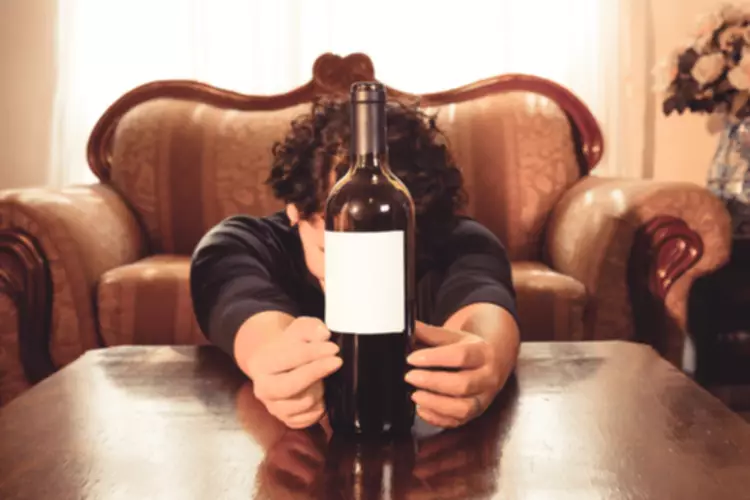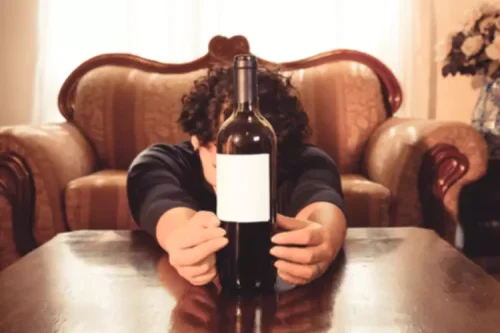
Some companies use misleading advertising to claim that how long does a hangover last their products can prevent hangovers. But the only guaranteed way to prevent a hangover is to not drink alcohol. However unpleasant, most hangovers go away on their own, though they can last up to 24 hours.
When to seek professional help
- A hangover from alcohol, while unpleasant, is not ordinarily a medically dangerous condition.
- By understanding the body processes alcohol and the impact of drinking heavily, you can take steps to ensure that your consumption of alcoholic drinks doesn’t lead to dangerous consequences.
- Over time, increased tolerance, addiction, and alcohol withdrawal symptoms all boil down to the way alcohol messes with your brain’s chemistry.
Some studies suggest that people who have underlying depression or anxiety disorders might be more likely to experience anxiety during hangovers. However, these results are inconsistent, and other factors may be involved. A combination of the toxic effects of alcohol and the withdrawal from the effects of alcohol causes a hangover. Unfortunately, there’s no magic drink that instantly “kills” a hangover.

Common Myths About Hangovers

Some people swear by “hair of the dog” (more alcohol), but this only delays the hangover. At Ardu, we understand the challenges of alcohol addiction and are here to help you reclaim control of your life. Our expert team offers comprehensive, personalized treatment plans tailored to your unique needs and the severity of your addiction.
Water vs. Sports Drinks: What’s Best for our Bodies
At the Blackberry Center, we help people take this step every day. Whatever your choice of breakfast, most hangovers go away after a tall glass of water and some hearty food. Everybody processes alcohol differently, so a few drinks for you might impact someone else completely different. You may get a severe hangover after a heavy drinking session in a short period, just as you might get a hangover if you drink alcohol over a long time.
- Some healthy adults can become sick from consuming even a small amount of alcohol.
- Hangovers can be categorized into several types based on their symptoms and severity.
- Drinks with higher alcohol content cause more pronounced urine production and fluid loss.
For one, it gets you intoxicated faster and makes day-after misery a lot more likely. Plus, hangovers tend to be more severe after drinking on an empty stomach. There’s evidence that reduced sleep after drinking leads to more severe hangovers. Still, 24 hours can feel like an eternity when you’re dealing with a mishmash of physical and mental symptoms. And depending on various factors, some symptoms can be worse than others in terms of severity and duration. Inpatient treatment programs provide intensive Substance abuse therapy and medical care in a residential setting.
About Medical News Today
- But ask your healthcare professional if this is safe for you and how much medicine is best for you.
- Various so-called “hangover remedies” exist on the market, but little scientific evidence shows they work.
- Generally, the more alcohol you drink, the more likely you are to have a hangover the next day.
- How severe hangover symptoms are and how long a hangover lasts can depend on various factors, including your age, weight, and tolerance to alcohol.
- Hangover symptoms tend to peak in severity when blood alcohol levels first fall back down to 0 percent, then gradually dwindle as the body bounces back from heavy alcohol consumption.
When you feel terrible after drinking too much, it may be the result of both dehydration and an inflammatory response. The temporary effects include immediate and delayed effects—a hangover is caused by the delayed effects of alcohol. For people living with heart disease, hangover symptoms such as rapid heart rate and high blood pressure can be dangerous. Pain relievers such as acetaminophen (Tylenol) filter through the liver the same way alcohol does. Healthcare professionals caution using this type of medication regularly along with alcohol as it can increase the risk of liver damage. Always check with your healthcare provider or pharmacist before drinking if you take any medications.


This might include support groups, therapy and alcohol addiction treatment. You may have dry mouth, headache, dizziness, or nausea and be tired, shaky, thirsty, or sensitive to light and sound. People who have had too much to drink often don’t sleep well, which can make all those issues worse. Your hangover might also affect you mentally, making it hard to concentrate or making you irritable or depressed.

